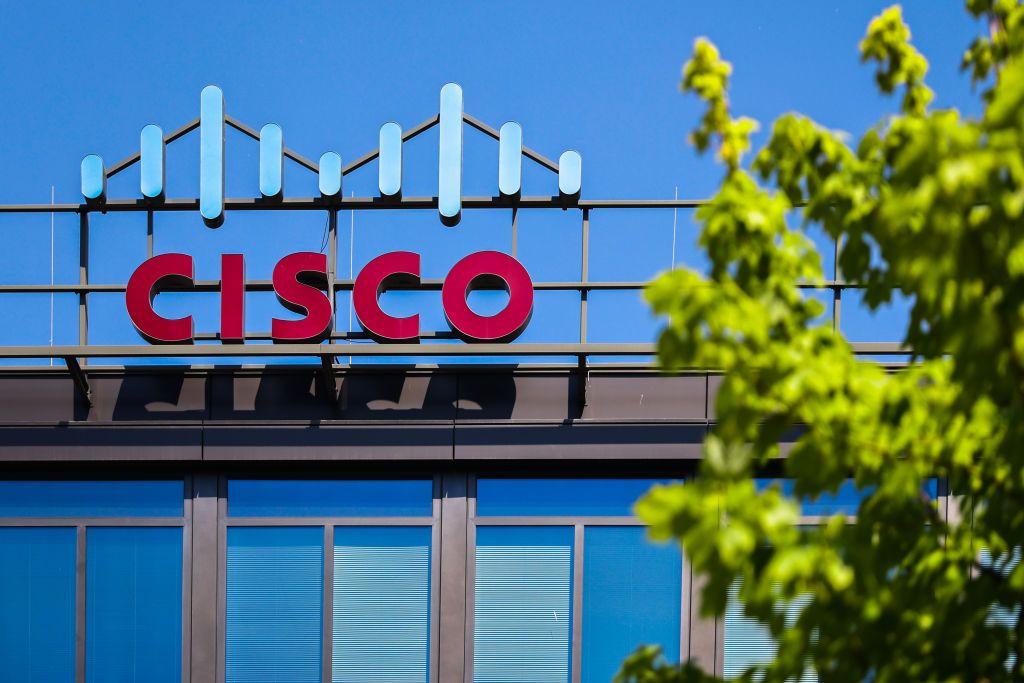SoftBank Group, led by founder Masayoshi Son, is adopting a more cautious approach in its quest for the next big breakthrough in artificial intelligence (AI), marking a significant departure from its previous strategy of lavish investments in startups at peak valuations.
The shift in strategy underscores the impact of SoftBank’s defensive stance following market turbulence induced by the pandemic, which prompted a reevaluation of risk appetite amid volatile conditions.
“We’re being very prudent when we look at these opportunities out there,” stated Navneet Govil, Chief Financial Officer of SoftBank’s investment arm, the Vision Fund, in an interview with Reuters.
The Vision Fund unit notably made only 29 new and follow-on investments throughout 2023, reflecting a discerning approach amidst an extensive review process encompassing over 300 companies.
In the fourth quarter of 2023, SoftBank’s investment activity witnessed a notable decline, with the company allocating $100 million toward new investments, a stark contrast to the substantial outlays seen in previous years.
Mitsunobu Tsuruo, an equity analyst at Citi covering SoftBank, lauded the company’s revised approach, noting, “It’s a good approach. Given the difficult period they went through, they’ve become very strict on choosing investees.”
SoftBank recently reported its first profit in five quarters, coupled with a $4 billion investment gain at the Vision Fund business, further fortifying its financial position. The company’s cash reserves have swelled to 4.4 trillion yen ($29 billion), positioning it for strategic moves in the AI landscape.
While SoftBank has historically emphasized investments in AI, including its significant stake in chip design firm Arm, the company is now exclusively focused on the AI sector, foreseeing substantial growth opportunities.
Potential investments in AI hardware, infrastructure, or applications will be subjected to stringent criteria emphasizing transformative potential, AI innovation capacity, product-market fit, scalability, and execution track record, according to Govil.
However, SoftBank’s track record in the AI space has been mixed, with valuations of most portfolio companies failing to witness significant growth despite the sector’s hype.
Analysts caution that the market for AI-related companies has become increasingly competitive, with soaring valuations posing challenges for potential investments.
Nonetheless, SoftBank’s track record of backing successful ventures, alongside its substantial financial resources, positions the company for potential future gains in the AI domain.
“There’s also a high chance that they’ll make an extremely large, controlling stake investment,” observed Citi’s Tsuruo, highlighting SoftBank’s capacity to pursue significant opportunities in the evolving AI landscape.







